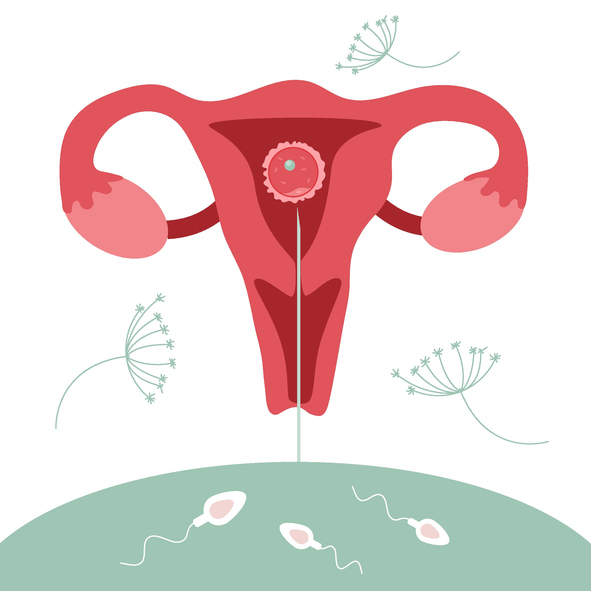
Understanding the Difference Between IUI and IVF: Which Fertility Treatment is Right for You?
Ovulation plays a vital role in getting pregnant, but it can be a bit confusing for many. At Main Line Fertility, we’re passionate about helping you better understand ovulation because we believe that increased knowledge can boost your chances of conception. In this friendly guide, we’ll break down what ovulation is, share tips on how to recognize its signs, and explain why timing can make all the difference for your fertility.
What Is Ovulation?
As Resolve states, a female is born with all of the eggs she will ever have. Each month, the body releases one mature egg from the ovaries, making it ready for fertilization. Ovulation is the period of time this happens, and the only window where pregnancy can be achieved naturally. This usually happens once each menstrual cycle, around the halfway point. Knowing when you ovulate can boost your chances of conceiving since the fertile window, the time when pregnancy is most likely, lasts about 5 to 6 days and wraps up on the day of ovulation. By tracking this, you can better plan for your journey to parenthood!
Signs of Ovulation
Recognizing the signs of ovulation can help you identify your fertile window. Common indicators include:
- Changes in Cervical Mucus: During ovulation, cervical mucus becomes clear and stretchy, similar to egg whites, creating an ideal environment for sperm.
- Basal Body Temperature (BBT) Increase: After ovulation, progesterone causes a slight rise in BBT. Charting your temperature daily can help confirm ovulation.
- Ovulation Pain (Mittelschmerz): Some people feel mild discomfort or cramping on one side of the abdomen during ovulation.
- Increased Libido: Hormonal changes during ovulation can lead to a natural increase in sexual desire.
- Positive Ovulation Predictor Kits (OPKs): These kits detect the surge in luteinizing hormone (LH) that triggers ovulation.
Why Timing Matters for Fertility
It’s important to note that the egg is viable for only about 12 to 24 hours after ovulation, which can feel a bit stressful when trying to conceive. Timing intercourse or insemination during the fertile window can make all the difference. Remember, sperm can live in the reproductive tract for up to five days, so engaging in intercourse in the days leading up to ovulation can really enhance your chances of conception. We understand that this journey can be challenging, and we’re here to support you through it.
When to Seek Help
If you’ve been trying to conceive for over a year (or six months if you’re over 35), it may be time to consult a fertility specialist. Main Line Fertility offers personalized care and advanced reproductive technologies to support your journey toward parenthood. Schedule your consultation today!

